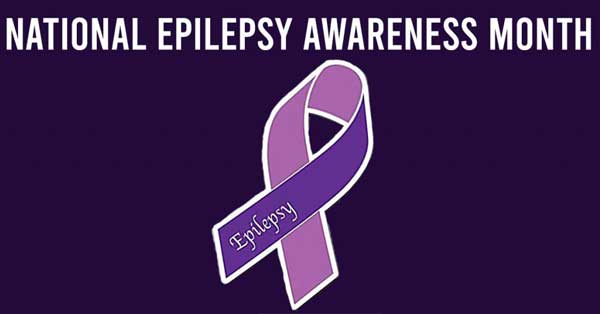During the month of November, Integracare has highlighted a different awareness event each week. Now, we’ll be putting our sights on National Epilepsy Awareness Month. While November may almost be over, there is always time to recognize a diagnosis that 1 in 26 people will receive in their lifetime.
Here is what you should know about epilepsy so you are better prepared if it affects you or someone you care about.
What is Epilepsy?
Epilepsy is a central nervous system (neurological) disorder in which brain activity becomes abnormal causing a patient to experience unusual behavior and sensations – including seizures. Each patient reacts to this abnormal activity differently. There are treatment and medication options available to help patients better manage these seizures that they experience from their epilepsy.
What are the Signs?
The signs of epilepsy are similar to traditional signs of a seizure. According to the Mayo Clinic, these include:
- Temporary confusion
- A staring spell
- Uncontrollable jerking movements of the arms and legs
- Loss of consciousness or awareness
- Psychic symptoms such as fear, anxiety or deja vu
If you experience two or more seizures like this you should see a medical professional for a diagnosis. Epilepsy can impact the lives of anyone, regardless of age, gender or ethnic group.
Does Epilepsy Prevent Patients from Exercising or Working?
Many individuals who are diagnosed with epilepsy are able to exercise but should speak to a medical professional to see if there are any specific precautions they should take for their unique situation. People with epilepsy can work just like anyone else but may need special accommodations from their employers to work in certain positions.
What Should I do if I See Someone Having a Seizure?
The Epilepsy Foundation created a detailed guide for performing first aid on someone having a seizure. The simplest advice they can give is to “provide general care and comfort and keep the person safe.”
It is emphasized that you should stay calm while helping someone as this demeanor will help them stay calm as well. If you do not know the person, check if they have a medical ID and use a watch to attempt to track the duration of the seizure. Because of the unpredictable nature of seizures, the Epilepsy Foundation also has advice in their guide on when to call for emergency help, such as if the seizure lasts for over 5 minutes


